Scenario planning is a broad, diverse, and continuously evolving evolving field. Researchers and practitioners continually revise, combine, and create tools to conduct different types of scenario work. To help people discover these methods, this page compiles some of these scenario resources:
Guides and Toolboxes

A toolbox with participatory foresight methods
Created by researchers at Utrecht University (in collaboration with CoCliServ and CGIAR), Towards a climate-resilient future together offers tools for community practitioners to get started organizing participatory futures workshops, and offers foresight veterans some novel ways to combine methods.
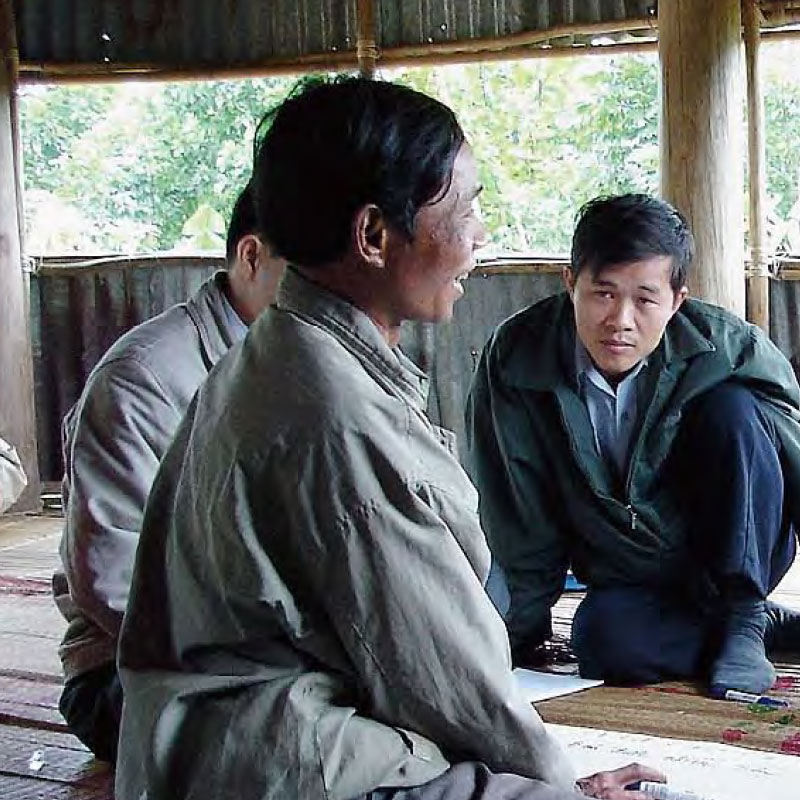
Field Guide to the Future
Field Guide to the Future offers practical, in-depth advice for four foresight methods: scenarios, projections, visioning, and pathways. The advice is written primarily for community practitioners
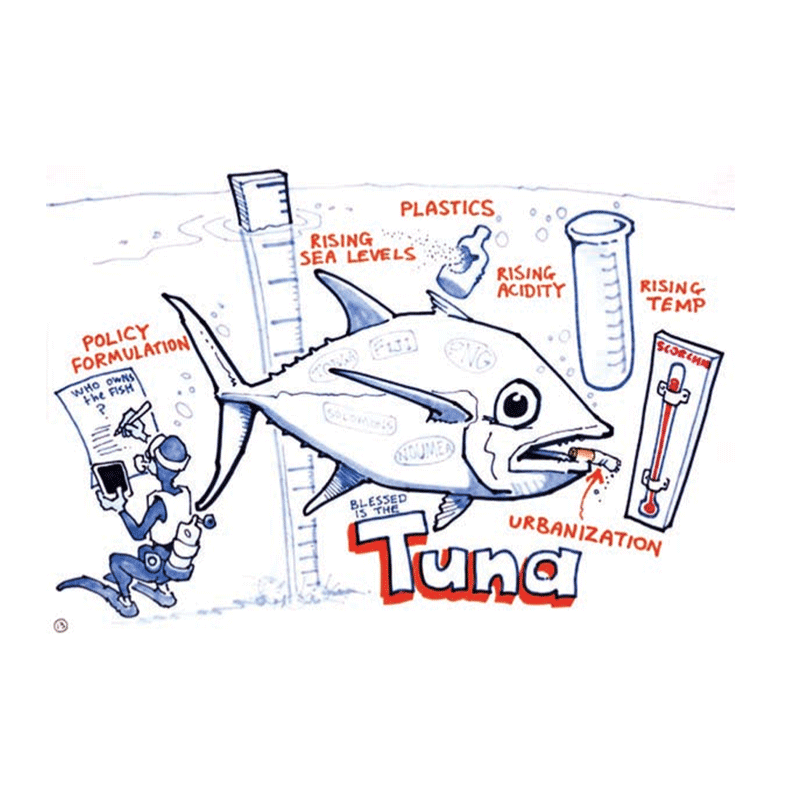
Handbook on the Use of Biodiversity Scenarios
Created in 2020 as part of a joint action between BiodivERsA and the Belmont Forum, this handbook offers an entry point into the concepts and methods of scenario planning, as well as five hands-on case studies.
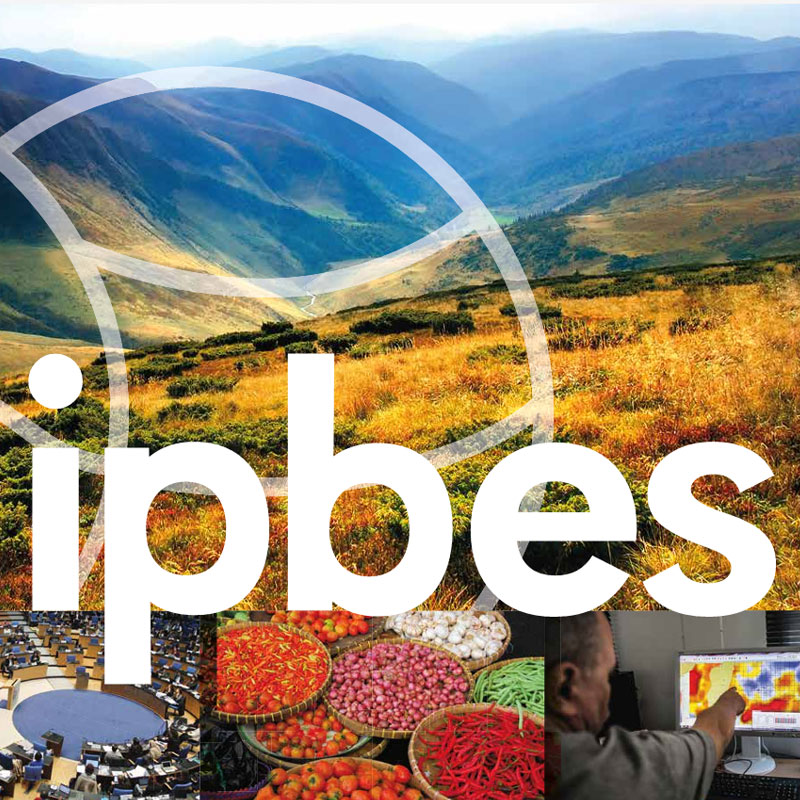
IPBES Methodological Report
Created by a global array of experts after a thorough analysis of available scientific knowledge, the IPBES Methodological Assessment Report on Scenarios and Models (2016) is responsible for many elements of scenarios discourse, including the categorization of scenarios used in this project. Essential reading for scientific practitioners.
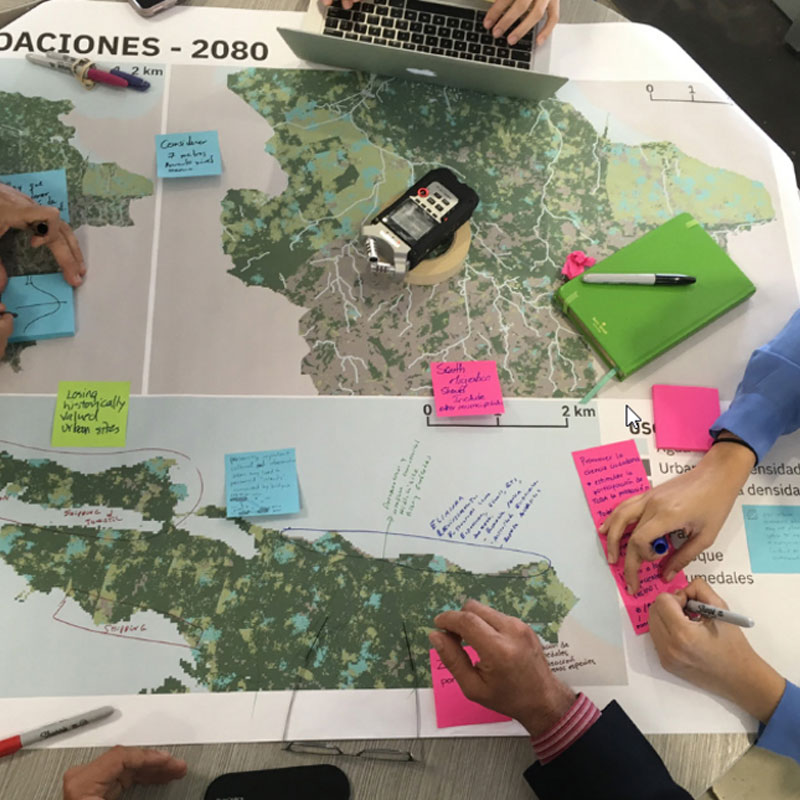
The UREx Guide to Scenarios
The Urban Resilience to Extremes Sustainability Research Network is a project spanning 9 cities across North and South America. Their scenario planning guide (2021) outlines the processes, activities, and outputs of two workshops that represent their ongoing efforts. These insights are useful for anyone working towards adaptation, transformation, or policy analysis in urban contexts.
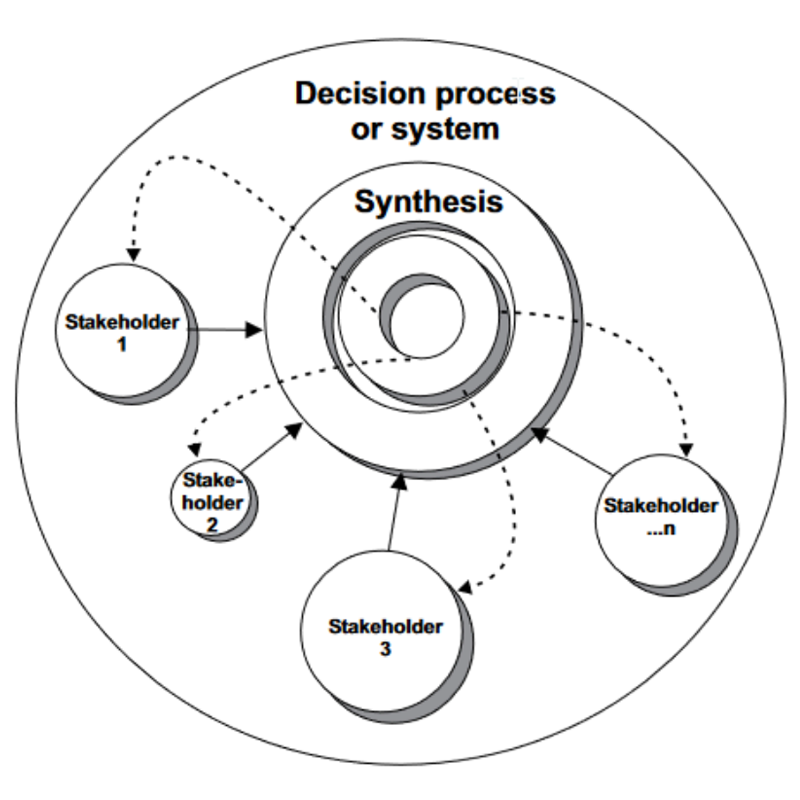
Guide to Participatory Tools for Forest Communities
Published in 2006 by the Center for International Forestry Research, this guide by Evans et al. presents a menu of 10 participatory methods. Methods include scenarios, mapping, and Bayesian Belief Networks.
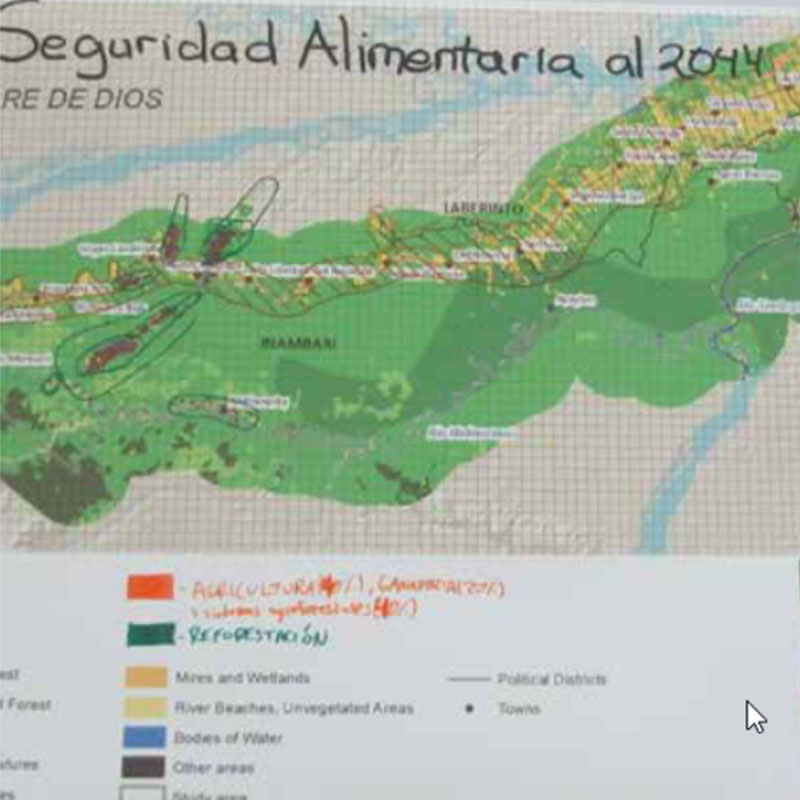
Workshop Facilitation Guide: Building Future Scenarios
This facilitation guide was produced as part of a 2014 cooperation between CIFOR and VITRI. The guide offers step-by-step instructions for scenario-building exercises that focus on landscape-scale governance, land use, and carbon management. It includes worksheets, schedules, and facilitation notes that can be adopted wholesale or adapted for other research.
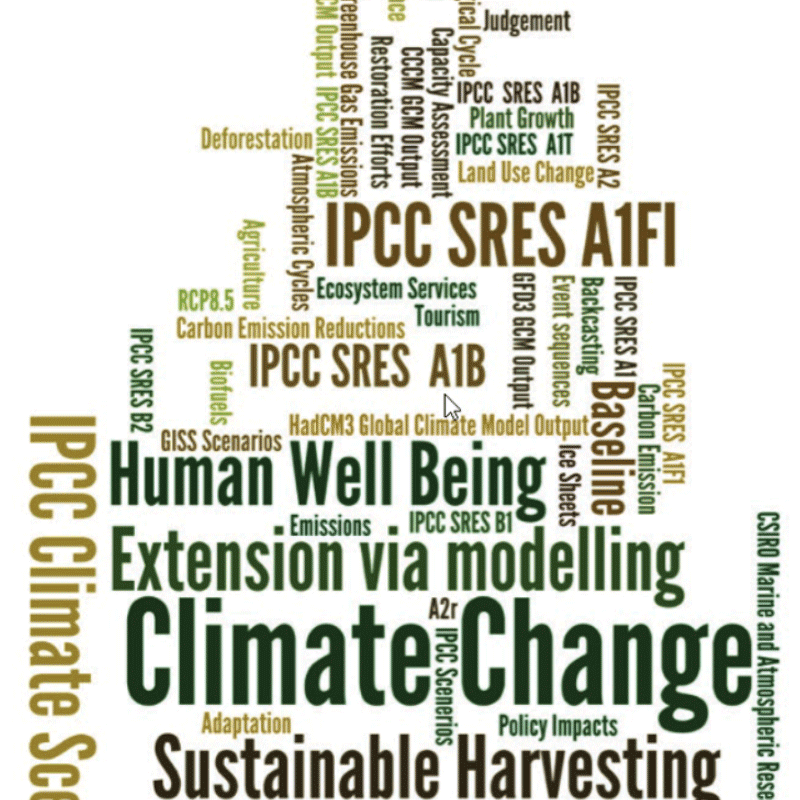
Scenario Development: A Review of Approaches
This systematic literature review produced by the UNEP in 2016 reports on the current state of scenario planning research. Focal points include potential areas of focus, methods, typologies, concerns of scale, and current research challenges.

Analysis and Synthesis Papers
Elisa Oteros-Rozas et al.
Ecology and Society (2015)
“We contribute to theoretical and empirical frameworks by analyzing how and why researchers assess social-ecological systems using place-based PSP, hence facilitating the appropriate uptake of such scenario tools in the future.”
Scenario Development and Foresight Analysis: Exploring Options to Inform Choices
Keith Wiebe et al.
Annual Review of Environment and Resources (2018)
“We take stock of recent methodological developments in scenario and foresight exercises, seek to provide greater clarity on the many diverse approaches employed, and examine their use by decision makers in different fields and at different geographic, administrative, and temporal scales.”
Participatory scenario planning: Participatory research methods for sustainability toolkit #3
Maike Hamann et al.
GAIA – Ecological Perspectives for Science and Society (2022)
A brief introduction to the diversity of participatory scenario planning approaches, with suggestions for further reading.

Multimedia
Three leading researchers in scenario planning discuss what they find useful about the tool.
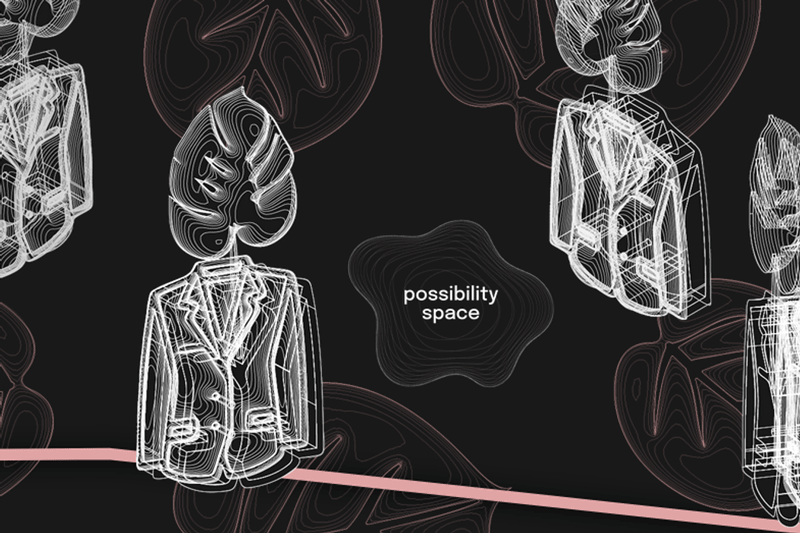
Online resources
Scenario hub»
ScenarioHub.net is a resource center developed by World Wildlife Fund and the Natural Capital Project, where scenario researchers and practitioners can learn more about spatial mapping and scenario analysis, find appropriate scenario tools using a tool database, and use the Scenario Generator Workspace for creating spatial scenario outputs.
Wayfinder»
Wayfinder is an online guide for resilience assessment. Wayfinder provides a six phase process for resilience practice, including instructive videos, activity sheets and discussion guides. Exploring alternative futures is a key step in navigating towards more sustainable futures.
International Futures Forum Practice Centre»
The Practice Centre of the International Futures Forum offers a selection of resources to support transformative innovation, including a guide for using the Three Horizons framework for transformative thinking about the future.
H3Uni»
The University of the Third Horizon presents tools and practices that combine cognitive and social art to support collaborative thinking about complex messy challenges, often found at the heart of transformation.
IPBES Methodological Guidance on Models and Scenarios»
The Intergovernmental Platform on Biodiversity and Ecosystem Services (IPBES) provides methodological guidance on the use of scenarios, explaining different types of scenarios and the roles they can play in the major phases of the policy cycle, which are (i) agenda setting, (ii) policy design, (iii) policy implementation and (iv) policy review. There is also more guidance and advice available on their work package page.
Suggest a Resource
Do you know of a public resource that you’d like to see included on this page? Have you made a resource that you’d like to showcase here? You can recommend a resource using our suggestion form.